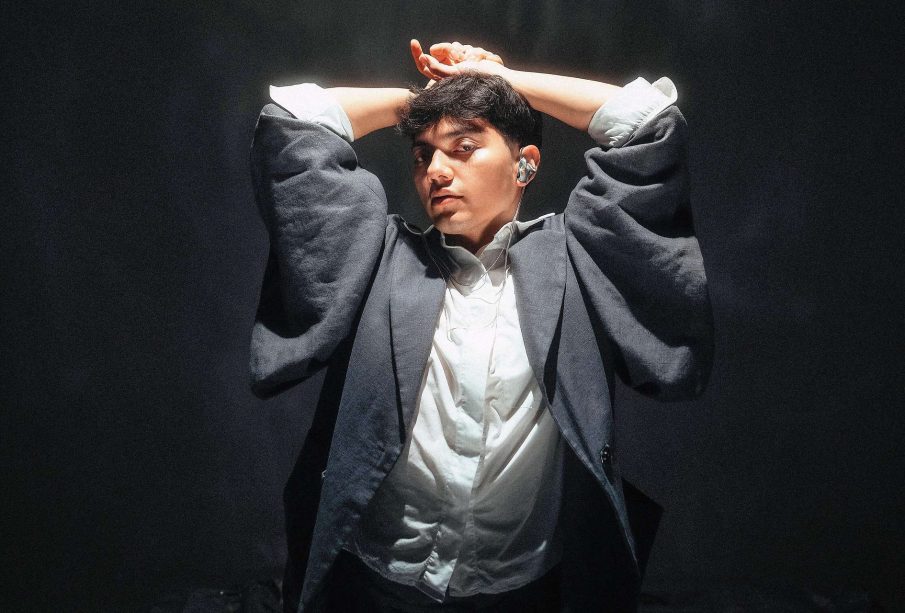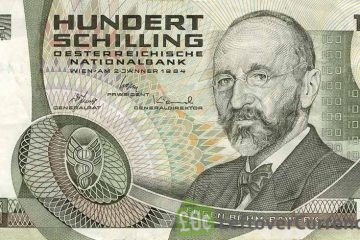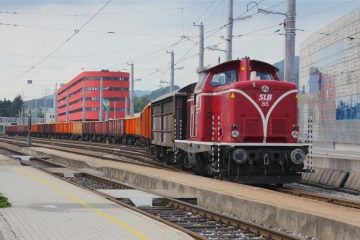Austria’s Anticipation for Eurovision 2025

Introduction
The Eurovision Song Contest is one of the most anticipated music events across Europe, drawing millions of viewers and showcasing diverse talents from various nations. As the competition gears up for 2025, the relevance of Austria’s participation becomes increasingly important, especially given the country’s historical presence in the contest. Austria’s strategic decisions and artist selection for Eurovision 2025 could significantly impact both the national and international music landscape.
A Brief Look at Austria’s Eurovision History
Austria has participated in the Eurovision Song Contest since its inception in 1956 and has a varied record of success. The country won the competition in 1966 with Udo Jürgens’s “Merci, Chérie,” and again in 2014 with Conchita Wurst’s “Rise Like a Phoenix,” which became an anthem for diversity and acceptance. The significance of these victories continues to resonate today, setting high expectations for future entries.
Current Developments for Eurovision 2025
As we look forward to Eurovision 2025, the Austrian Broadcasting Corporation (ORF) has begun preliminary discussions regarding the selection process for their representative. This includes considerations for both well-established artists and emerging talents. The potential return of previous participants and the incorporation of popular trends in music are likely to influence the selection process. Furthermore, with the growing interest in sustainability and social issues within music, Austria may align its chosen entry with these themes.
While details are still under wraps, analysts suggest Austria could benefit from previous lessons learned, particularly from the mixed outcomes of past years. For instance, the diversity in genres and accessibility of entries can attract a wider audience, potentially leading Austria to focus on pop, rock, or even traditional Austrian folk elements fused with modern styles.
Conclusion and Future Prospects
The upcoming Eurovision 2025 promises to be an exciting culmination of talent and creativity, with Austria poised to make a significant impact. The excitement surrounding the contest will not only bring together performers and fans but also urge Austria to consider its cultural identity on an international platform.
As preparations unfold, the nation’s entry has the potential to be more than just a performance; it could serve as a representation of Austria’s evolution in music and its ongoing commitment to diversity and inclusion. Looking ahead, the effect of Austria’s Eurovision participation in 2025 could bolster the nation’s music scene, foster new collaborations, and inspire the next generation of artists.









